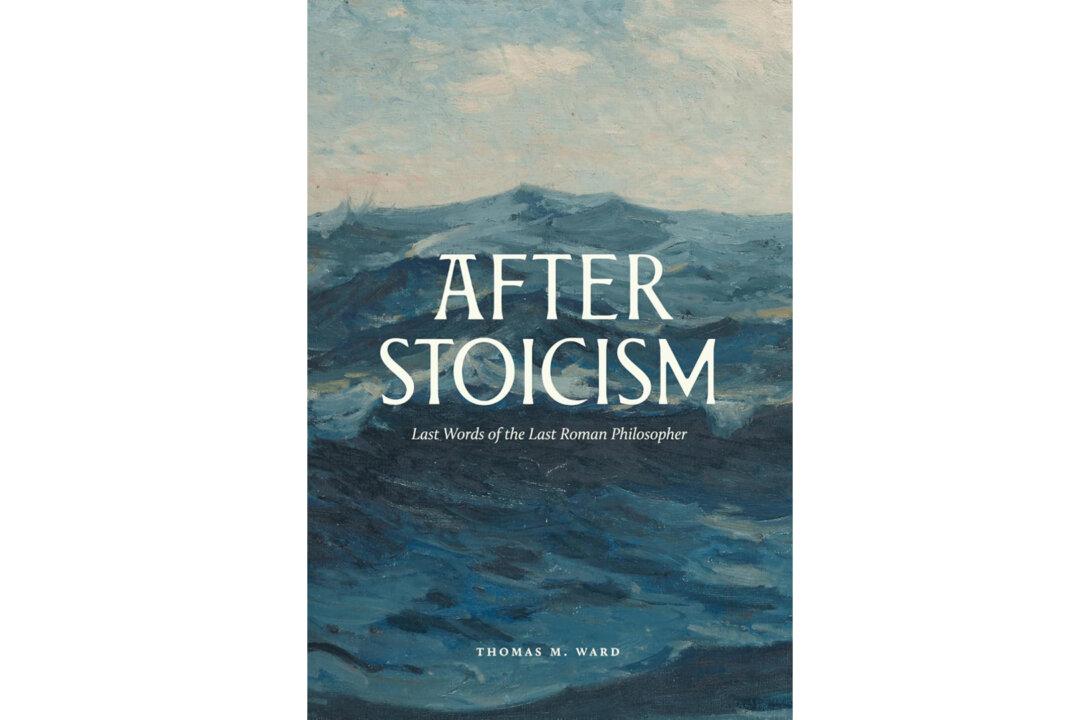Considered the “last of the Roman philosophers,” Boethius’s philosophical perspectives were influenced by the Greek Neoplatonists and the Stoics. When Theoderic the Great, the Ostrogoth who ruled Italy, accused him of treason, Boethius found himself awaiting execution in a Roman prison. There, he wrote his “Consolation of Philosophy.”
In it, he takes the reader through a conversation with Lady Philosophy who, mentally or spiritually, enters his prison cell to discuss not simply philosophy, but the reasons for philosophy.






